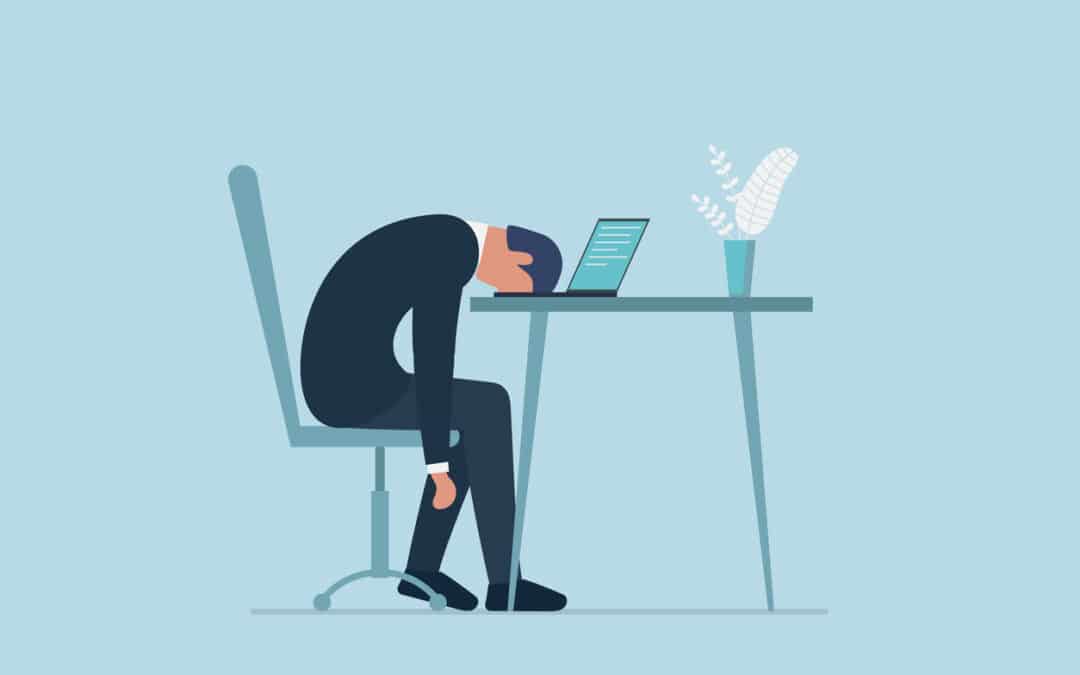Maybe the biggest misconception about forming new habits is that the biggest factor for success is the motivation to change. We often imagine that as long as we want to make a change in our lives, we have the power to do it. In fact, motivation is actually the least reliable element making behavior changes. The hard truth is that simply wanting to make a change is far from enough.
The reason? Motivation isn’t a static thing, it comes and goes in waves. It’s therefore tough to keep our motivation high enough to lead to lasting behavior change. Take the response to the COVID-19 pandemic, for example. When it appeared in the U.S, we were highly motivated to socially distance. As time went on, however, more and more people started to take risks and go out more. The reason isn’t because the dangers were any less present, but because our motivation to stay inside started to wane. The point is, if the sole component to any behavior change is motivation, once that motivation starts to diminish, so will the new habit.
Of course, we have to at some level want to make a change, but we also have to realize that it’s simply not enough. Instead, we need to rely more on starting with changes that requires the least amount of motivate necessary for it to occur. This is the idea behind BJ Fogg’s Tiny Habits that we wrote about last week. If you want to start reading more, it might be tempting to try reading a chapter or two every day. But more often than not, you’re not going to be motivated to keep that up for long. Instead, if your goal is just to read one paragraph of a day a couple times a day, you’re far more likely to keep up the new habit. Then, over time, you’ll find you need less motivation to read more and more, until you don’t even think about it any more.
This can be a hard pill to swallow. We like to believe that we can do anything we set our minds to, and it’s a little disheartening to think we don’t have as much control over our motivation as we might prefer. When looked at from a different angle, however, understanding this fact allows us to focus on what we can control: setting achievable goals and rewarding ourselves when we met them. Focusing on that rather than our inability to keep our motivation high will lead to more successful behavior change.
